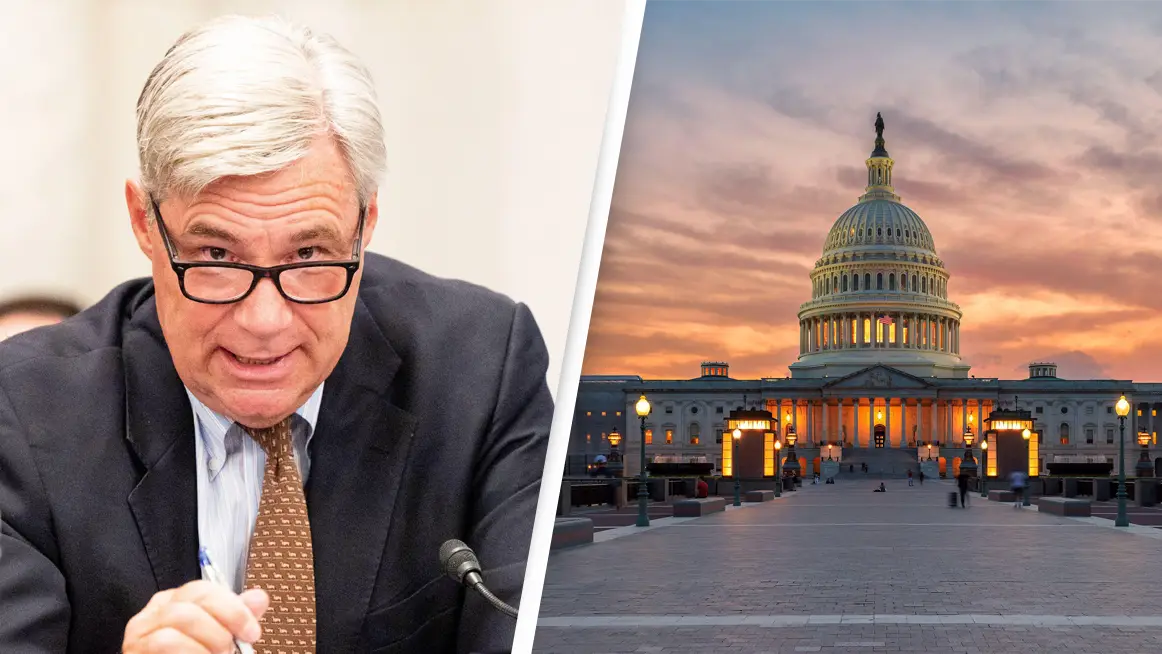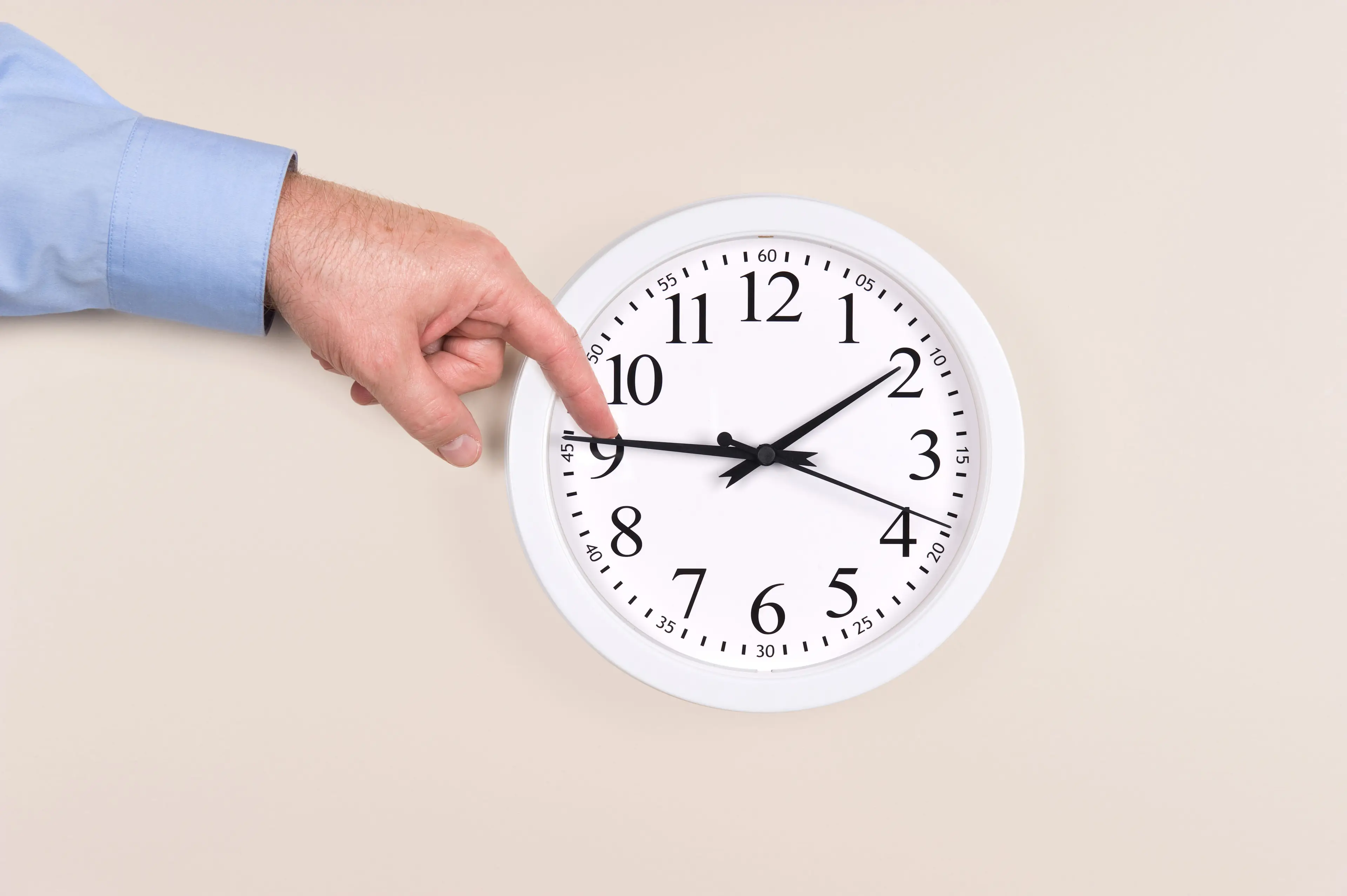
Trying to remember whether your clocks need to go forward or backwards twice a year could soon be a thing of the past – if you live in the United States, at least.
The US Senate has officially passed a bill declaring daylight savings time permanent, meaning it might not be long before it remains summer in America all year round.
The Sunshine Protection Act would mean that the US would never again need to switch its clocks back by an hour in the November and forwards again in March, with senators passing the measure after claiming American citizens were tired of the 'back and forth'.

Advert
"This past weekend we went through that biannual ritual of changing the clock back and forth and the disruption that comes with it," Florida Senator and act sponsor Marco Rubio said, asking, 'Why do we keep doing it?"
Rubio went on to explain that the practice began in 1918 as a way to save energy, but argued that 'since then we’ve adjusted'.
"Daylight Savings Time, which started out as six months, was extended to eight months in 2005, clearly showing you what people’s preference was...we’re doing this back and forth of clock-changing for about 16 weeks of standard time a year. I think the majority of the American people’s preference is just to stop the back and forth."
Rubio claimed that 'it gets really tough' for people living across the US when it gets dark far earlier during the winter, claiming that extra daylight at the end of the day, rather than at dawn, could help reduce crime and rates of seasonal depression.
"For these 16 weeks a year, if you don’t have a park or an outdoor facility with lights, you’re basically shut down at 5pm. In some places as early as 4 or 4.30pm," he said.
"I know it’s not one of the most important issues confronting America, but it’s one of those issues where there’s a lot of agreement. And I think a lot do people wonder why it took so long to get here...we don’t have to keep doing this stupidity anymore...pardon the pun, but this is an idea whose time has come."
The act is now set to go back to the House of Representatives for another vote, and would then require President Joe Biden's signature to be officially passed into law.
If successful, the change would not take effect until November 2023.
If you have a story you want to tell, send it to UNILAD via [email protected]
Topics: US News
